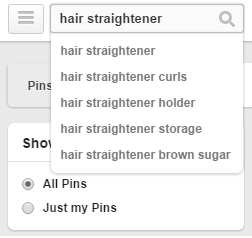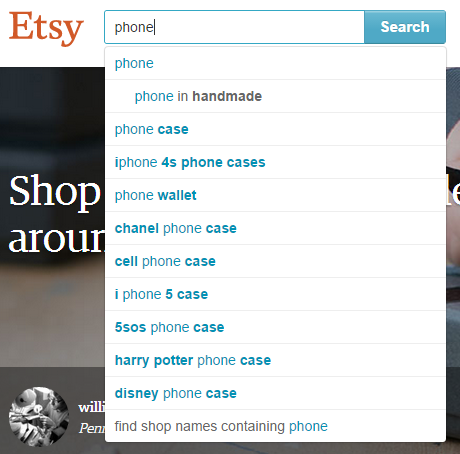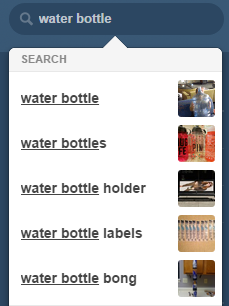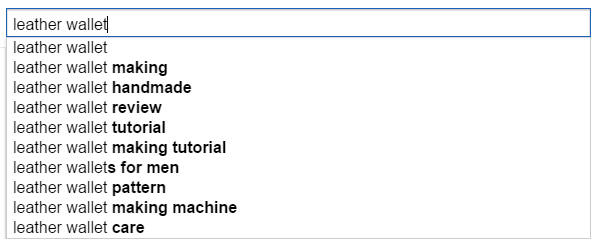Urban Cookie Collective once majestically said ‘I’ve got the key/I’ve got the secret/ I’ve got the key to another way/ Ah ah ah ah’. Now while that last beautifully crafted harmonic line might not be that relevant when we’re talking about keywords, the rest of the lyrics make for a great brief in describing how to better look for potential keywords.
There are so many tools and untapped resources for keywords out there that you should never be afraid to try them. Don’t insularly sit on Adwords all day comparing the strength of a keyword that gets 1000 searches to one that receives 1001. So where do you start looking for keywords in all the wrong places in order to get a bit of inspiration instead of just clicking ‘add’ to anything Google throws your way? Here are 5 resources worth your attention.

1.Bottom of the SERP Barrel
It is all too easy to overlook the bottom of the page when on Google. When everyone is focussed on getting to the number 1 spot, the bottom of the page is sitting there going ‘look at me, look at all this info I have just sitting here for you’. Unlike auto-complete, related searches can open your eyes to better ideas for pages and much more importantly, better ideas for blog related content. Just take a look at that example and see how one very simple and common item turns in to a treasure trove of content ideas.

2.Pinterest
It’s not just boards and pins of food and interior design ideas. Pinterest, we reckon, has just about as good an understanding of relevant keywords as Google does. And because it’s much more visually based, you get a better idea of what people want to see when they search instead of looking at a Competition Score that you don’t really know what to compare against.

3.Etsy
Running a small eCommerce site and wondering how to get people to find your stuff? Well look at Etsy and see what people search for when they have an idea of what they want in their head. Because everything sold on the site comes from small companies and individuals, the search terms generated you know will be from interested buyers seeking out those products. Even just that first term in bold from our example ‘phone in handmade’ can give a site a complete spin on how products are sold.

4. Tumblr
Don’t think of the site as a platform for discovery, but as a keyword resource for thought. Tumblr can be great if you’re staring at a product and wondering how to best word it as anyone writing about anything they think is important will have a relevant tag in there. The site is full of so many tagged posts and images that you can always muster a little something. Of course don’t take these searches too seriously, as is quite evident in the last generated term in the example we used.

5. YouTube
Just look at all those tasty keywords waiting to be jumped on. When it comes with very personal items that will get a lot of use (phones, cosmetic, clothes etc) Youtube is a great resource for finding new keywords because there will almost always be a review or un-boxing video of a product. There might even be videos of your products on YouTube that you don’t know about. Don’t forget that YouTube can also serve as a branch of your business for engaging viewers in all the different things your company does. For example, we like to put up videos of things that we’ve been doing in the office and about Glasgow.
Now these are just five tools you can use for free when doing a bit of research. They mightn’t be useful all of the time, but having a quick go on each one will never do any harm.
For now, you can always enjoy Urban Cookie Collective.

